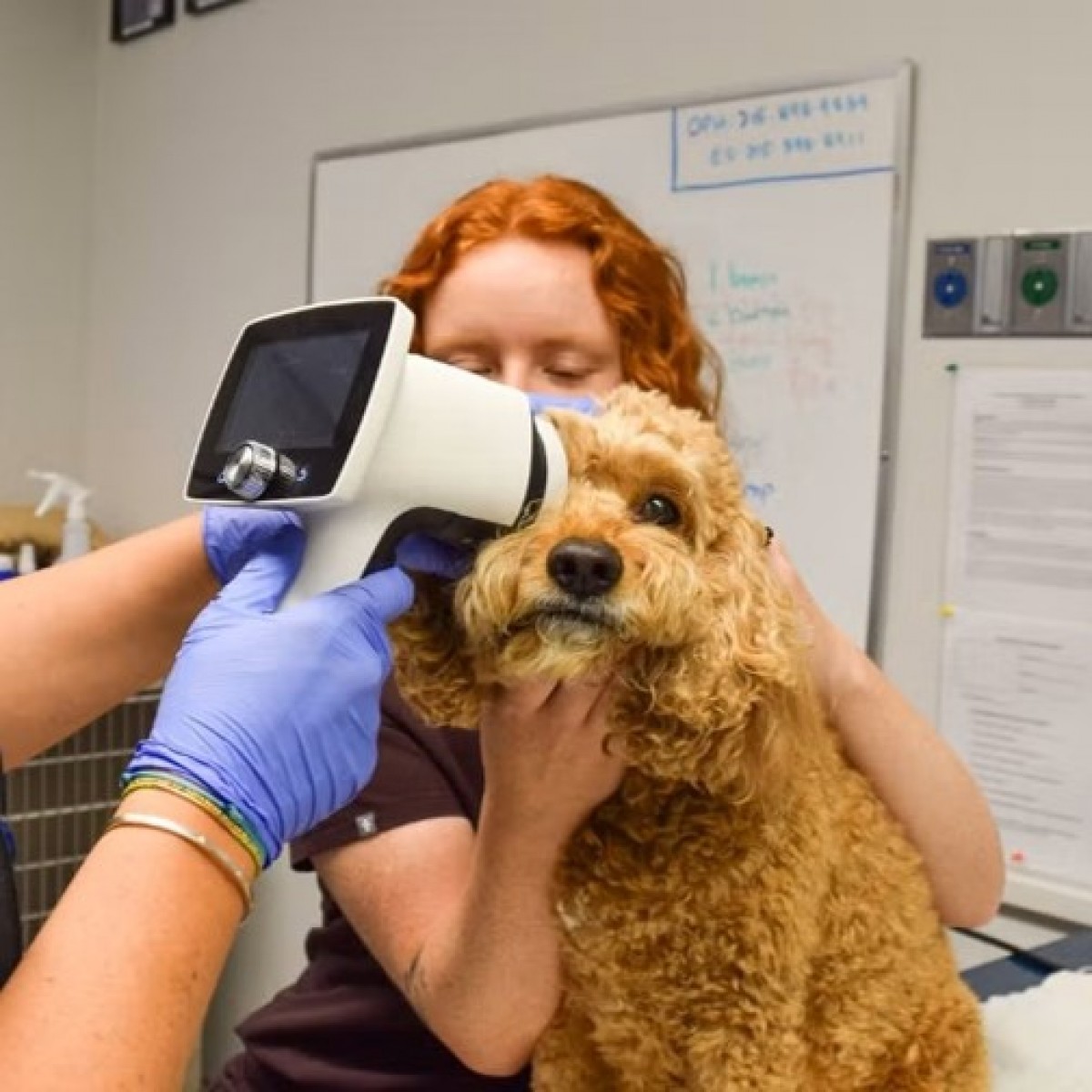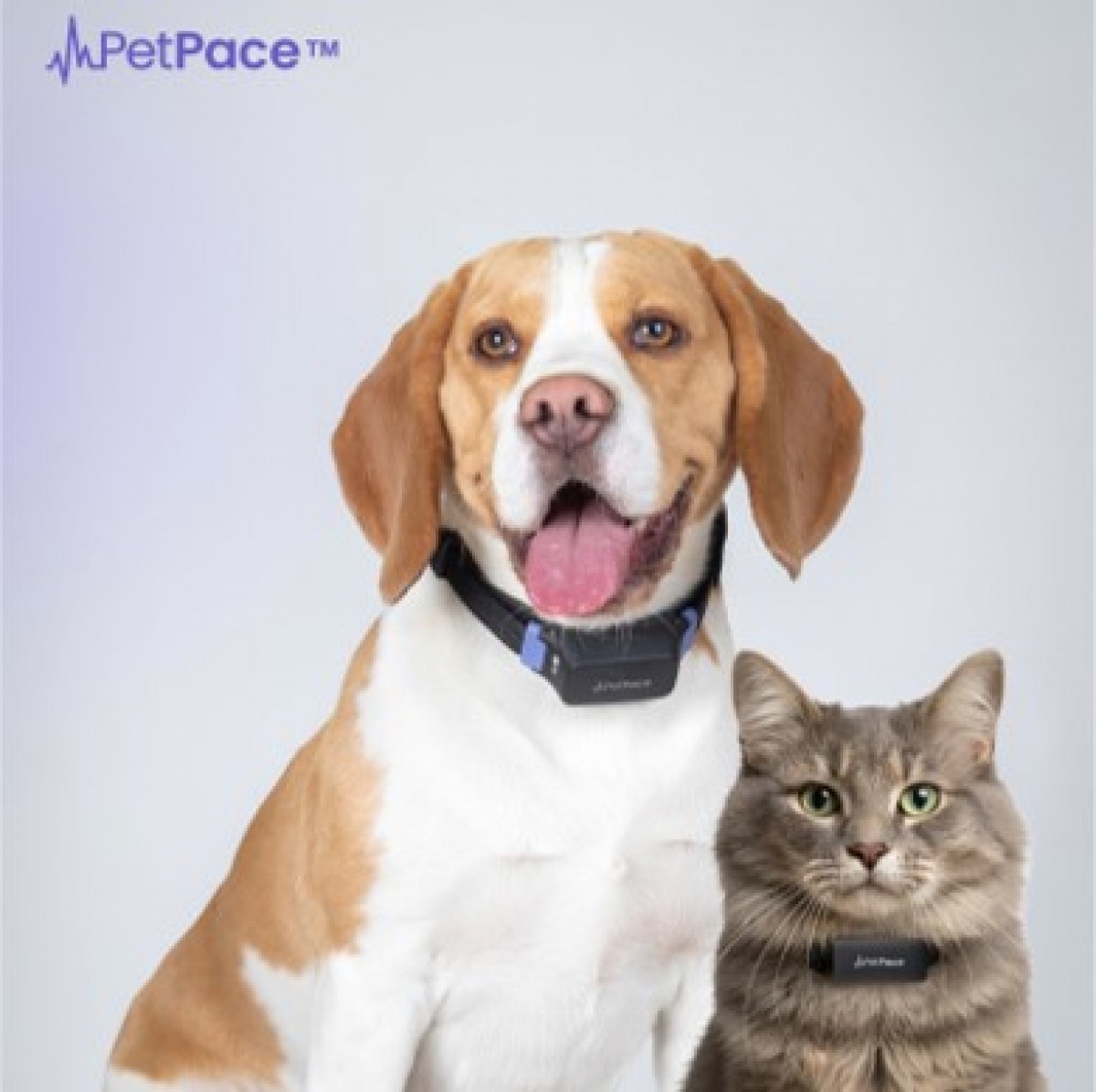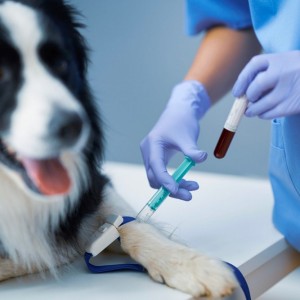Overdose dashboard brings real-time data to community
As overdoses from fentanyl and opioids continue to rise, many communities have created interactive overdose dashboards that show demographic, geographic and time trends in suspected overdoses and community resources to help with substance abuse.
But there’s not much evidence to show that these dashboards effectively disseminate data and help public health officials make data-driven decisions, especially in rural areas.
Researchers from the College of Veterinary Medicine have filled that gap.
They collaborated with Cayuga County Mental Health in developing an overdose dashboard that enabled data-driven decision making and spreads substance abuse information in that region. Their work published July 10 in the Online Journal of Public Health Informatics.
The researchers found three-quarters of the dashboard users surveyed said they used the data to inform decision-making. More than half – 54% – said they used the dashboard at least monthly. Most – 97% – said they thought the dashboard was easy to use and more than three-quarters (76%) said it was very effective in disseminating information.
Respondents were a mix of substance users, their close contacts, health care providers, law enforcement and local public health and mental health care professionals.
“We’re hopeful this work will provide roadmap to other communities developing a dashboard,” said Corinna Noel, Ph.D. ’17, corresponding author and assistant professor of practice in the Department of Public and Ecosystem Health in the College of Veterinary Medicine.
The findings are the culmination of work she started in 2020, with a team at Cayuga County Mental Health engaged in the overdose crisis.
“At that point there was no surveillance system, and they were trying to understand where, and to whom, overdoses were happening,” she said.
In 2023, Cayuga County developed and published a publicly available, interactive overdose dashboard highlighting demographic, geographic and time trends in suspected overdoses as well as substance use–related resources in the community.
Following the launch of the dashboard, she and fellow researchers conducted an evaluation of the Cayuga County Overdose Data Dashboard to fill this knowledge gap. The source data for the dashboard comes from an overdose map reported by law enforcement on a weekly basis.
“We asked users of the dashboard to tell us how they used the data, if they found it helpful and what they used it for in their personal or work lives,” Noel said, noting that there have been few such evaluations of dashboards.
The research team used a 10-minute online survey to collect feedback from people older than 18 living or working in Cayuga County, asking them to reflect upon their experience using the dashboard, including ease of use, most valued design feature and overall perceived effectiveness.
“One of the things we found is that it’s important to get early involvement of end users,” she said. “And an interactivity filter can allow users to find what they want to find, and it’s helpful to include resources for community members.”
Users said of the eight different types of overdose-related information available on the dashboard, they most valued the locations of treatment and recovery services, followed by the locations of free, publicly accessible Naloxone, and trends in fatal and nonfatal overdoses.
This study underscores the necessity of frequent data updates and including key information and visuals on local overdose trends and resources, Noel said.
“One of the goals of surveillance,” Noel said, “is to understand what is happening in the community in real time.”
This work was partially funded by a grant from the Bureau of Justice Administration (BJA), awarded to Cayuga County Mental Health.
Author: Laura Reiley
Source: https://news.cornell.edu/













List
Add
Please enter a comment